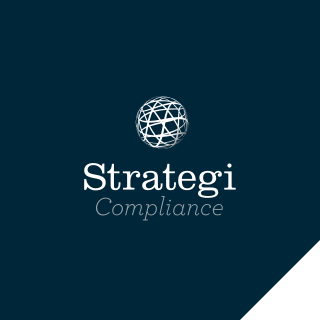Captured activities include things like investing, administering, or managing funds on their clients’ behalf. As a result, all FAPs need to ensure they meet their AML/CFT Act obligations.
One way a FAP and its authorised bodies (unlicensed FAPS) can streamline compliance obligations is by forming a designated business group (DBG) under section 32 of the AML/CFT Act. This enables the members to:
- appoint a single AML/CFT compliance officer;
- share a common risk assessment and AML/CFT programme;
- rely on another member to carry out some obligations on their behalf (for example, customer due diligence, account monitoring, record keeping, reporting suspicious activities, etc.); and undertake a single audit for the DBG, covering all its members.
Forming a DBG
A DBG is a group of two or more eligible persons (or entities) that have elected, in writing, to form a group to enable some obligations under the AML/CFT Act to be met on a shared basis. Members of a DBG are typically related to each other in some way (i.e., part of the same business group).
An entity can only be a member of one DBG at a time and each reporting entity within the DBG is ultimately responsible for meeting its own AML/CFT obligations.
Members must meet certain criteria to be eligible to form a DBG and can be asked to prove how they meet those criteria. For example, they may be asked to show how they are related to other group members.
For more information about the DBG eligibility criteria, take a look at the DBG Formation and Change Guideline published by the AML/CFT supervisors.
A DBG is supervised by only one AML/CFT supervisor, either the Reserve Bank of New Zealand, Financial Markets Authority, or the DIA. Any subsequent changes made to the DBG, including the addition of new members, removal of members or termination of the DBG, must be notified to the relevant supervisor in writing.
If forming a DBG is of interest, get in touch to discuss how we can help.


